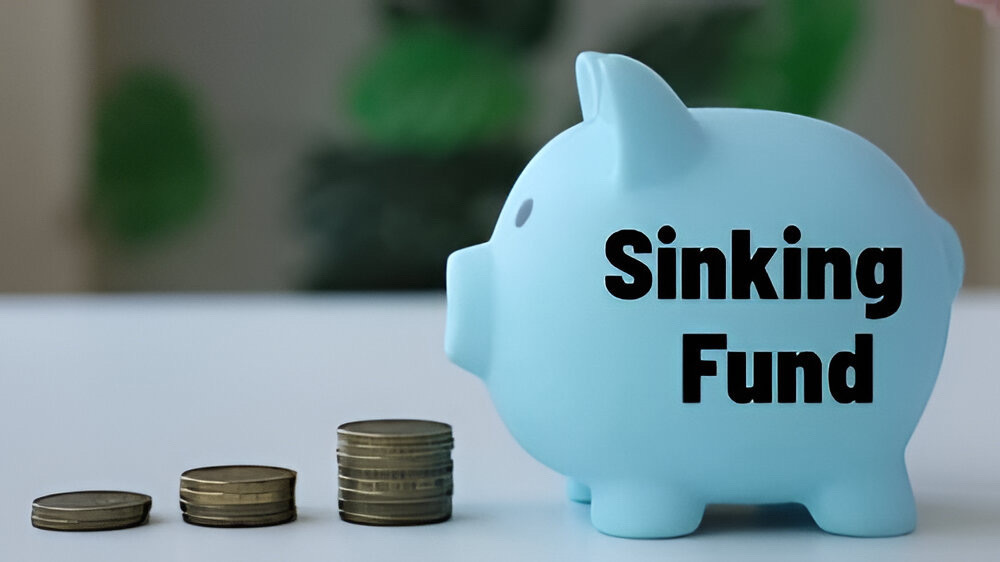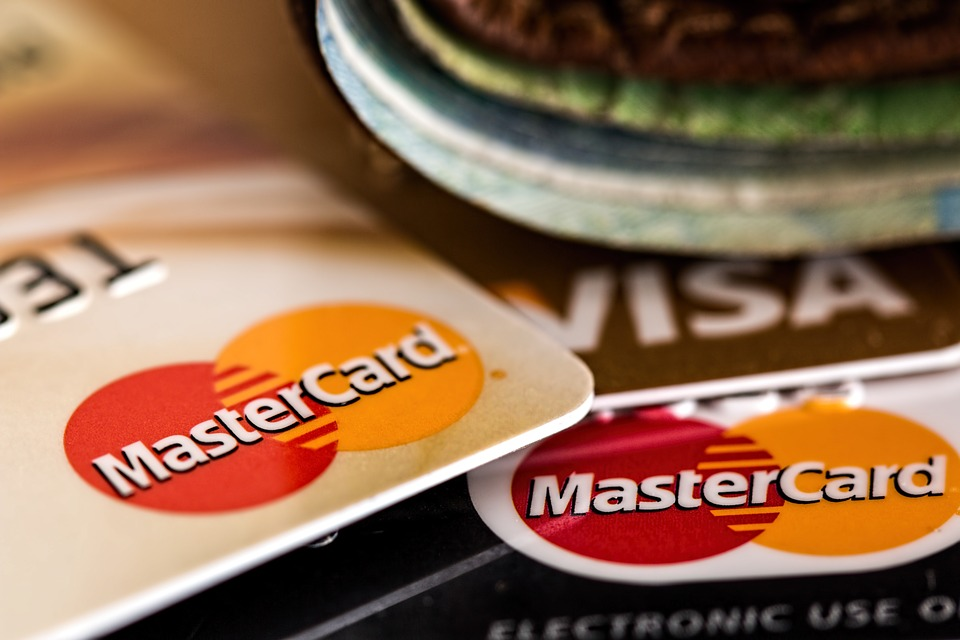By Karen Bennett, Bankrate.com (TNS)
If you spent a pretty penny on holiday-related shopping and activities in recent months, you’re not alone. Winter holiday sales for 2022 were expected to reach up to $960 billion, which would reflect an 8 percent increase over 2021, according to the National Retail Federation (NRF).
If you’re entering the new year with increased debt and decreased savings, chances are you have goals of paying off credit cards and building up your bank account. These are common financial resolutions in 2023, as decades-high inflation looms and Americans look to strengthen their finances.
Fortunately, some simple steps can help you get on the right financial track and sleep better at night.
1. Make a spending and saving plan
The key to money management is knowing how much comes in and goes out every month. Using a spreadsheet, pen and paper, or a budgeting app, list your monthly income and expenses. Identify ways you can reduce spending, such as dining out less frequently, canceling subscriptions you don’t use or shopping around for more affordable car insurance. Dollars that can be removed from spending categories can be moved into buckets devoted to saving money or debt repayment.
A budgeting app can help simplify the process of listing out your income and expenses. Apps like You Need a Budget, Mint and Goodbudget contain user-friendly features for tracking spending and increasing savings.
2. Find a savings account with the best rate
A savings account provides easy access to cash when you need it, making it a good place for an emergency fund. Not all savings accounts are equal, however, since rates can vary a great deal among banks. Many big banks pay rock-bottom annual percentage yields (APYs), while some online banks and credit unions pay yields that are well above the national average.
“Shopping around and putting your money in a high-yield savings account can put hundreds of dollars in additional interest earnings in your pocket,” says Greg McBride, CFA, Bankrate chief financial analyst. “Additional return without sacrificing access to the money when needed or the protection of federal deposit insurance—it is the only free lunch in finance.”
3. Separate your savings according to goals
Some banks and credit unions can help you save money by allowing you to devote portions of your funds to different goals. To avoid going into debt when the next holiday season arrives, you might use this strategy to set up a dedicated holiday shopping fund.
Alliant Credit Union allows its members to open supplemental savings accounts, each of which can be used to fund a specific goal.
“One supplemental savings account could be for a vacation, while others can be for things like holiday spending or a down payment on a new car or a new house,” says Chris Moore, director of deposit and payments product strategy at Alliant. Up to 19 such accounts can be opened by a member, and recurring transfers can be set up from other accounts, Moore says.
4. Create a credit card repayment plan
Whether due to holiday shopping or other expenses, you may have accumulated balances on multiple credit cards. The various strategies on how to pay off such debt include the avalanche method, which consists of paying off the credit card with the highest interest rate first and continuing with the strategy until all your debts are gone. A benefit of this strategy is you’re removing the debts that are costing you the most money in interest first.
Another strategy is the snowball method, which involves paying off your credit card balances in order from the smallest to the largest. “An example of this is if you have one with $500 and one with $5,000, you are best to start with the smallest card first no matter the interest,” says Keith Heritage, investment advisor representative and founder of Heritage Financial Services in Newberry, Florida. “This allows you to gain momentum and helps with the process.”
5. Do a credit card balance transfer
Consumers can help pay down credit card debt through a balance transfer to a card with a low interest rate or a zero-percent rate, Heritage says. Transferring your balance to a card with a zero-percent introductory period allows you to pay down a balance without incurring additional interest.
Such balance transfers can be useful for anyone with high-interest debt who needs more time to pay it off. Those with good or excellent credit scores often qualify for top-rated balance transfer credit cards with longer low-interest or interest-free introductory periods.
6. Curb your credit card spending
Whether you’re paying down a credit card balance or determined to keep out of debt, reevaluate how you use your credit cards. You can avoid being hit with hefty interest fees by not charging more than you can pay off completely when the bill arrives. One way to reduce your credit card bill is by canceling subscriptions, memberships or other services you’re charged for every month that you don’t use.
Reducing your monthly credit card charges frees up money in your budget that can be used to pay down the balance faster.
7. Put windfalls to work
It can be tempting to book a vacation or go on a shopping spree when you receive a financial windfall such as a tax refund, work bonus or inheritance. Rather, consider putting some or all of the money toward savings or debt repayment.
One way to use a financial windfall is to set it aside for holiday-related expenses you’ll have next winter. This can help you avoid generating credit card debt when you’re ready to start spending money on things like gifts, parties or trips during the holidays. You’ll thank yourself the following January when the big credit card bills don’t arrive.
Bottom line
Many consumers find it easy to fall into debt around the holidays. But putting these practical strategies to work can help you bring down your credit card balance and build up your savings.
_____
©2023 Bankrate.com. Visit bankrate.com. Distributed by Tribune Content Agency LLC.
Thanks for reading CPA Practice Advisor!
Subscribe Already registered? Log In
Need more information? Read the FAQs
Tags: Financial Planning, Payroll




